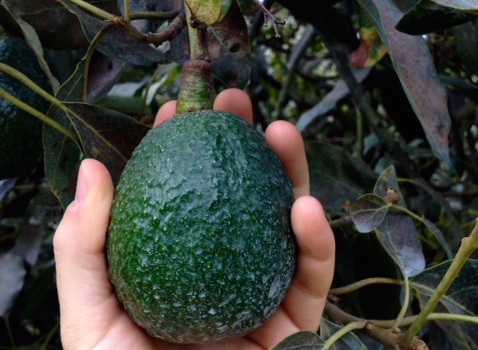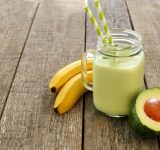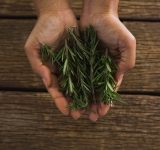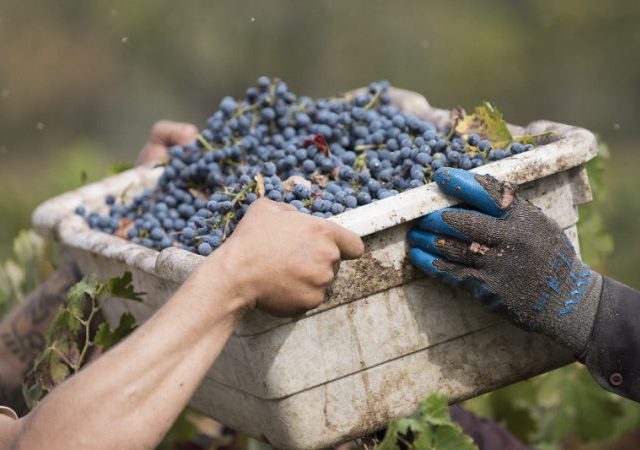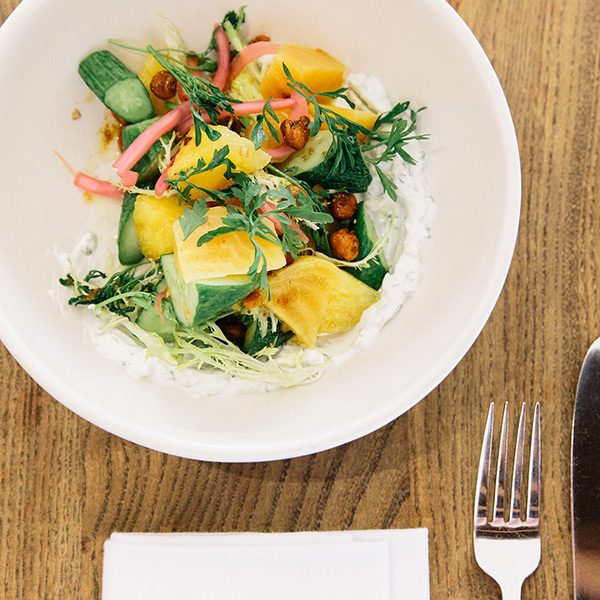Like many produce items, avocados bear a sticker that indicates where that piece of fruit was grown: Mexico, California, Peru, or Chile. Equal Exchange avocados specifically come from small farmers who are part of the Pragor cooperative, based in Michoacán, Mexico. 89% of all of the avocados in the US market are from this state in central Mexico, which lies to the west of the province where Mexico City is located. What are some of the unique environmental qualities and realities of the area or terroir of an avocado that facilitate such delicious and plentiful growth? We explore the environmental properties of Michoacán to find out.
How Does the Terroir of an Avocado Affect it?
Soil
Volcanic soil covers the land of Michoacán. This soil contains high levels of organic matter that provide essential nutrients to avocado trees.
Our farmer partners at Pragor are enthusiastic about experimenting with different methods to improve and maintain soil quality. They have developed and tested the application of different combinations of organic materials and composts in their fields.
Elevation
Avocados are grown in Michoacán at elevations ranging from 4300 to 7400 feet (1310 to 2255 meters). This range includes four distinct zones; each zone varies in its average production. Like soil properties, elevation is one of the many factors that affect the productivity of avocado trees.
The farms owned by producer members of Pragor are located at varying altitudes in Michoacán. Pragor staff coordinates with farmers to ensure that fruit is being harvested from each elevation at the proper times.
Blooms
There are four bloom cycles each year, or occasions on which trees bloom flowers that can turn into fruit. While this is not specific to Michoacán, it is unique to the avocado! Once the avocado tree blooms, it can take between 2 and 8 months for the fruit to be ready to harvest.
In addition to the four bloom cycles of each season, avocados follow an on-bloom, off-bloom year-to-year pattern.
Climate
Michoacán experiences relatively constant warm temperatures and high humidity throughout the year, as well as plenty of rain during the summer and sunlight year round. The high humidity and ability of the soil to hold moisture are advantages to farmers, as it allows them to rely less on irrigation that can be expensive and inaccessible.
More rain during any given bloom cycle can lead to an increased quantity of large fruit.
Climate Change
Changes to any of the climatic conditions above – like lower soil quality, reduced rainfall, or shift in humidity – could affect the ability of the farmers at Pragor to provide avocados, and therefore threaten their livelihoods.
Small farmers all over the globe play a key role in climate change mitigation, and are pioneers of different climate change adaptation techniques. Pragor is no exception: several producers run bee-keeping operations on their farms, in addition to piloting other innovative agricultural practices like the natural fertilizers mentioned above.
Pragor is an inspiring example of commitment to the art and science of sustainable agriculture. Equal Exchange is proud to partner with this dedicated cooperative!
Originally posted 2017-11-08 11:56:48.

